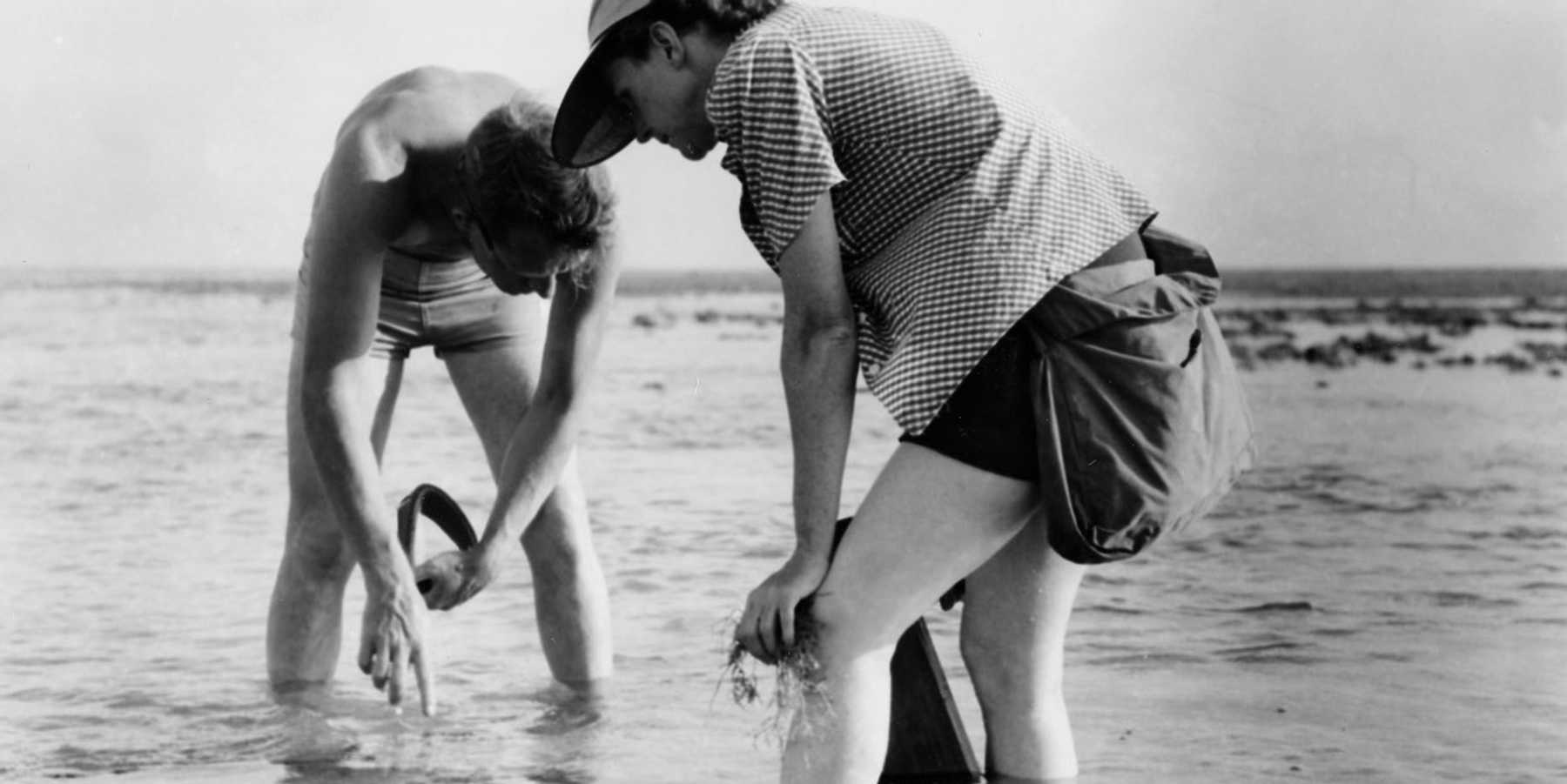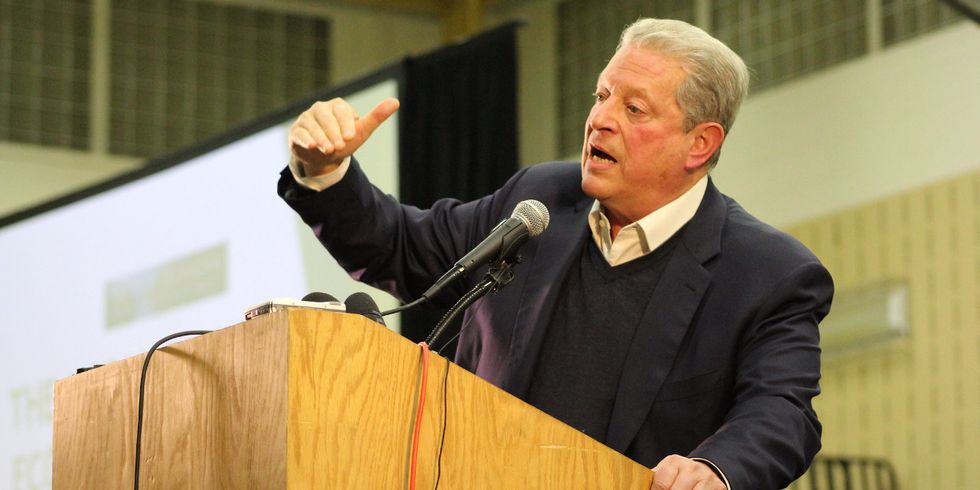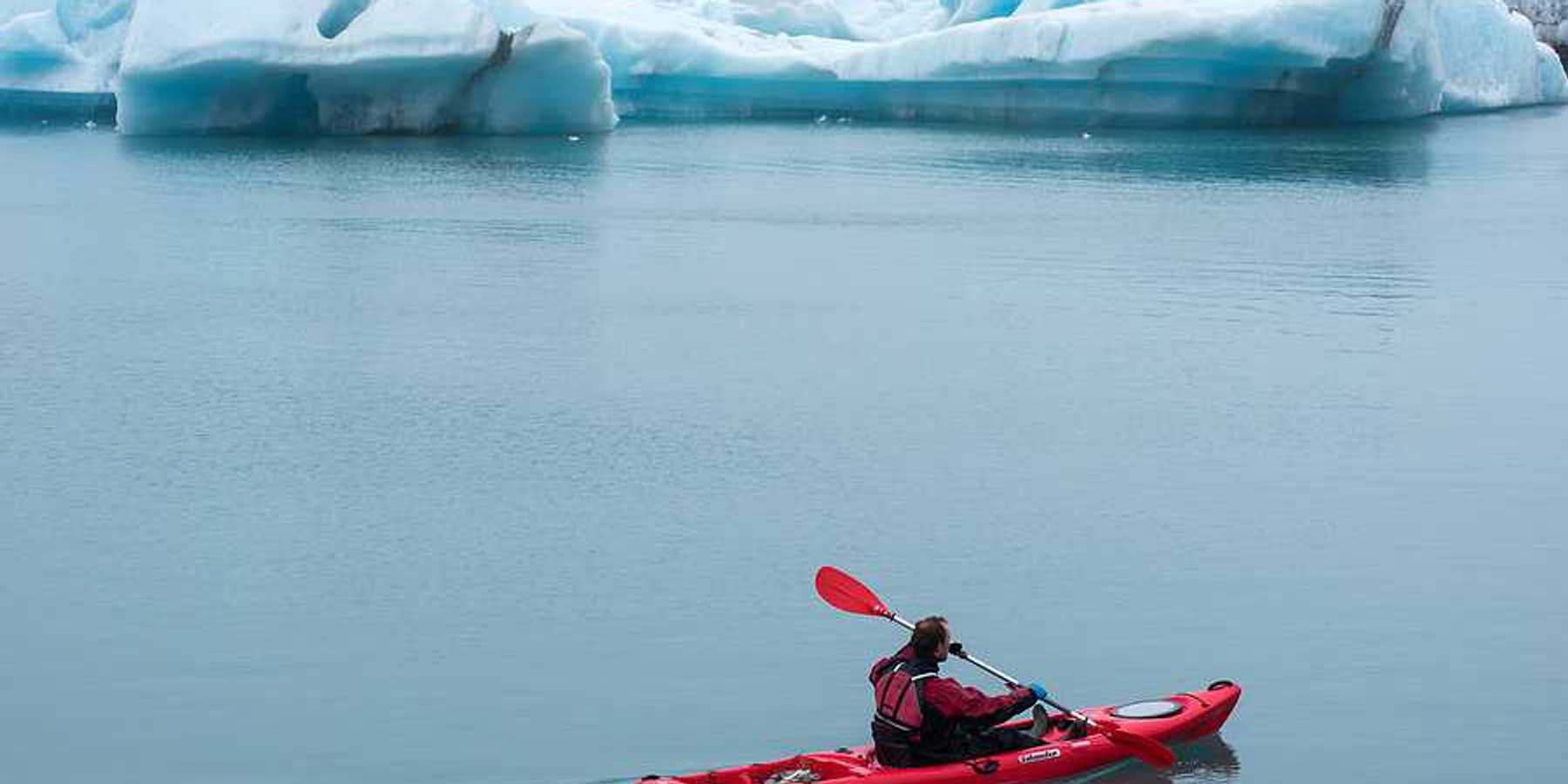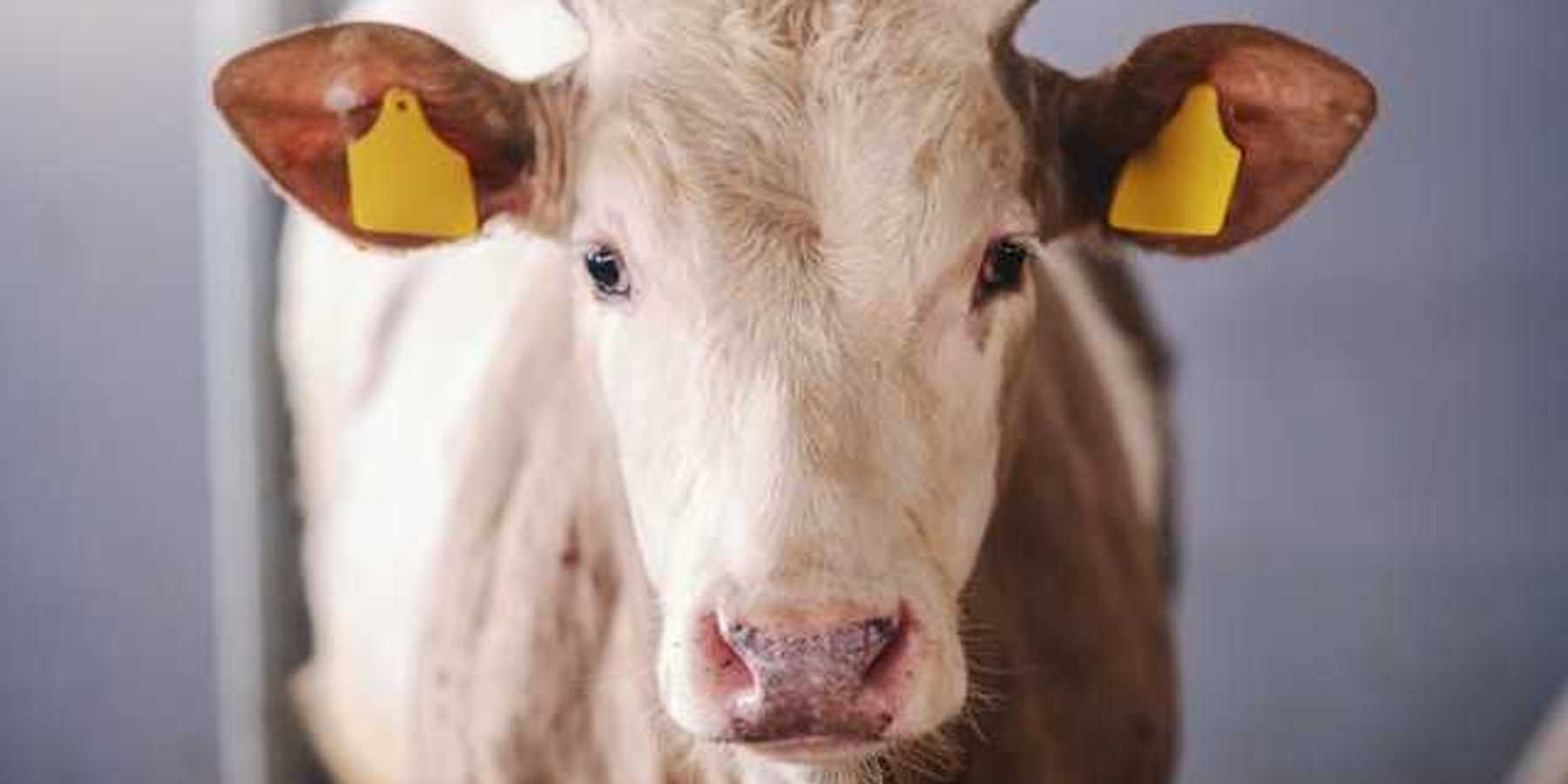
Punished for being right
From MLK to climate scientists, Americans have a tragically strong track record of punishing those who speak out.
Make no mistake, Americans didn't invent this form of persecution. If you don't believe me, ask Galileo.
But when it comes to war, peace, racial equality, gender equality, marriage equality, pollution, climate change, and many more issues, damn, we're good at it.
Martin Luther King, Jr. got red-baited, wiretapped, spied upon, and, of course, murdered before his complete vindication.
Nearly six decades after the publication of her book Silent Spring, Rachel Carson still has the distinction of being accused of mass murder for inspiring the ban on the pesticide DDT. Linked to the endangerment of bird species ranging from peregrine falcons to ruby-throated hummingbirds, DDT rose to international fame as a mosquito killer during World War II.
Back in the early 1960's, the chemical industry led the assault on Carson, led by a young public relations executive named E. Bruce Harrison.
From his perch at the Chemical Manufacturers Association, Harrison steered a whisper campaign that suggested Carson was a Communist and a lesbian—twin kisses of death in early 1960's American culture. Carson soon succumbed to breast cancer. The U.S. banned DDT in 1972. The bald eagle and others recovered, but attacks on the late Rachel Carson continued. In 2010, noted publisher and former Presidential candidate Steve Forbes charged that the mild-mannered Carson was a mass murderer who helped birth "environmental barbarism.". His reasoning was that DDT had helped curb malaria's death toll in the developing world.
Today, Rachel Carson has a bridge named after her in Pittsburgh. Bruce Harrison went on to a lucrative career in anti-environmental public relations. He was a founder of the original climate-denying lobby group, the Global Climate Coalition. For his labors, he was elected to the National Capital Public Relations Hall of Fame in 1999.
Hanoi Jane and Ralph Nader

A photo from 1972 of U.S. actress Jane Fonda visiting Hanoi. (Credit: AFP)
Jane Fonda was part of a Hollywood acting dynasty, with her dad Henry and brother Peter. She was also an outspoken activist on women's and Native American issues, and, perhaps most notably, for her opposition to the Vietnam War. In 1972, she visited North Vietnam and the men who were fighting, killing, and imprisoning U.S. troops. One photograph, with Fonda astride an NVA anti-aircraft gun, has lived forever.
Fonda has apologized for the North Vietnam visit repeatedly, but with little apparent impact. Despite an exemplary life of supporting subsequent causes, notably fighting teen pregnancy and advocating for action on climate change, she's still known to millions of Americans only as Hanoi Jane. No American before or since has developed such an immunity to Christian forgiveness.
Of course, Fonda was right about the lies and amorality of American leadership's lies over Vietnam. But to millions, she's still Hanoi Jane.
Ralph Nader was a crusading young attorney, bent on haranguing major American companies to stop killing so many of their workers and customers. His 1965 book "Unsafe at Any Speed" was a devastating indictment of the Chevrolet Corvair, which he argued was the deadliest American car on the road.
Nader also headed a successful effort to make seat belt use mandatory. Nader led the charge against the Big Three automakers' "planned obsolescence"—the business strategy of building less reliable cars to force consumers into a cycle of buying replacement vehicles every few years. Ralph Nader the gadfly saved an incalculable number of lives.
Alas, forgiveness has its limits. In one of her many apologies, Jane Fonda herself called her Hanoi trip "unforgivable." And Ralph Nader enraged many of his staunchest admirers with his third-party presidential run in 2000. He tallied more than 2.8 million votes, including 97,000 in Florida, where Bush won by less than 200—turning a likely Al Gore victory into eight years of George W. Bush.
Climate scientists

Former Vice President Al Gore delivers speech denouncing the construction of the Atlantic Coast Pipeline in Union Hill. (Credit: VCU Capital News Service)
And what of Al Gore? He took the lead in climate advocacy as early as 1988, when his congressional hearings prompted some of the first headlines for global warming. But even as climate change hastens its conversion from startling theory to tragic reality, Al Gore is still more punchline than prophet to conservative ideologues, including President Trump.
Let's not forget climate scientists. Last week, climatologist Mike Mann was elected to the exclusive National Academy of Sciences.
His path there included years of attacks from well-funded political operatives accusing him of only being in it for the money; lawsuits—none successful—intended to muscle a vocal scientist into silence; and a hallucinatory attack likening Mann to a child molester because he works at Penn State, the former workplace of the infamous convicted child-molesting football coach, Jerry Sandusky. Ever the good-natured warrior, Mann is suing back on that one.
Mann is not alone. Other climate scientists endure personal attacks; some have to cope with online harassment, including publication of their home addresses.
Scientists studying endocrine disrupting chemicals have to dodge incoming rhetorical fire from ideologues or corporate hired guns. Many environmental journalists cope with similar flak or worse.
In some cases, activists get it worst of all, with international activists in places like Brazil and Honduras paying with their lives.
In 1633, the Roman Catholic Church wrapped up its persecution of Galileo, commuting his prison sentence to house arrest. In exchange, Galileo agreed to recant his heretic view that the Earth revolved around the sun.
In 1992, the Church finally got around to formally acknowledging that Galileo was right.
If there's a 339-year vindication timetable for the likes of Al Gore and Mike Mann, we're toast.
Peter Dykstra is our weekend editor and columnist. His views do not necessarily represent those of Environmental Health News, The Daily Climate or publisher, Environmental Health Sciences.
Contact him at pdykstra@ehn.org or on Twitter at @Pdykstra.
Banner photo: Rachel Carson conducts Marine Biology Research with Bob Hines in 1952. (Credit: US FWS)













